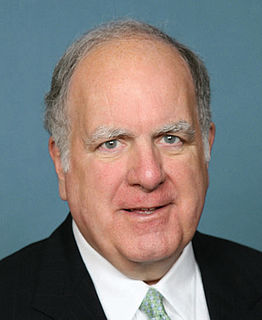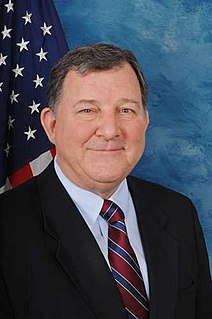A Quote by Alan Lightman
Where are the one billion people who lived and breathed in the year 1800, only two short centuries ago?
Related Quotes
We might expect intelligent life and technological communities to have emerged in the universe billions of years ago. Given that human society is only a few thousand years old, and that human technological society is mere centuries old, the nature of a community with millions or even billions of years of technological and social progress cannot even be imagined. ... What would we make of a billion-year-old technological community?
In Britain, journalists often view comparisons with our society going back two, three, or seven centuries as more relevant than comparisons going back two, three, or seven decades. Drunkenness centuries ago is more illuminating than comparative sobriety 30 years ago. The distant past, selectively mined for evidence that justifies our current conduct, becomes more important than living memory.
The collective shortfall of the 3.08 billion people (47 percent of world population) who, in 2005, lived below $2.50 per day was $507 billion per annum, which indeed comes to about two-thirds of the present US military budget. This gives us a rough sense of how much the eradication of poverty would cost.




































